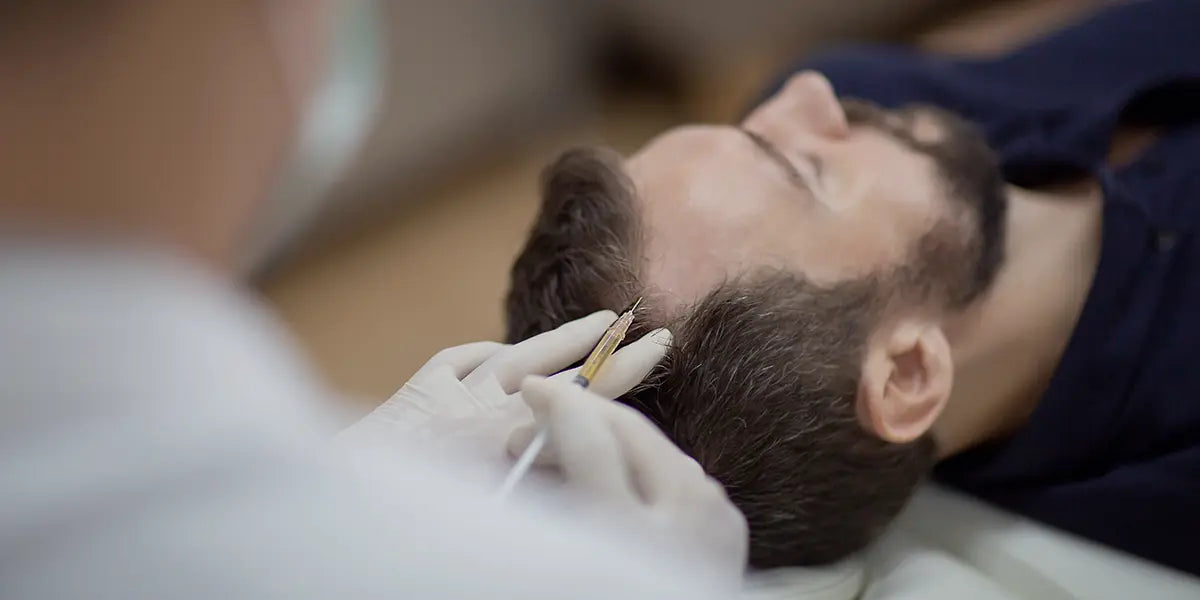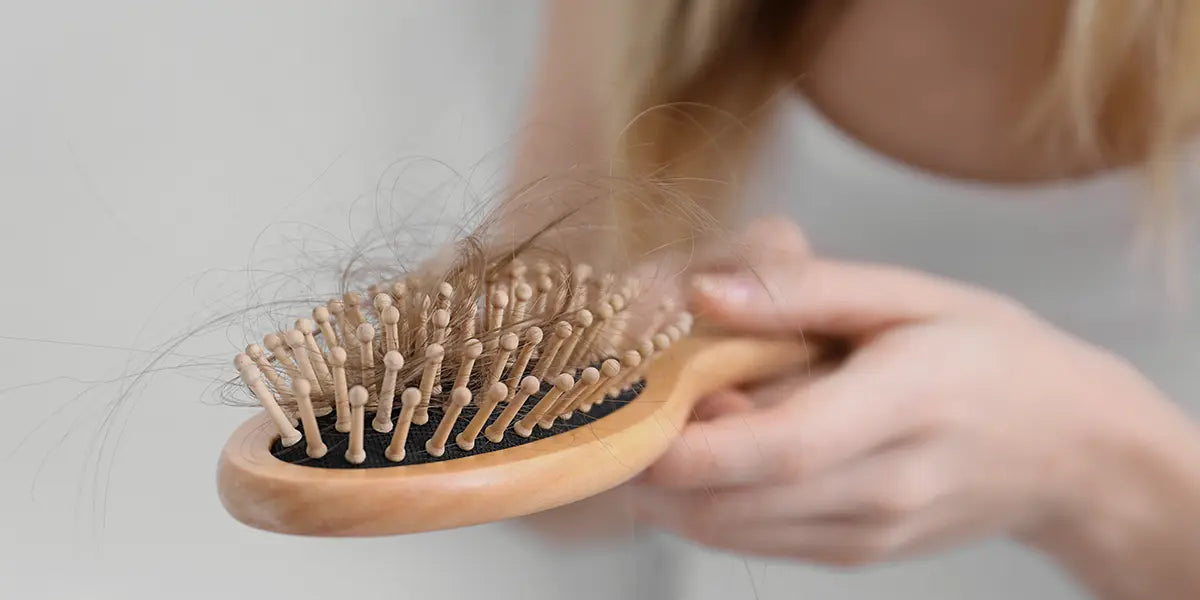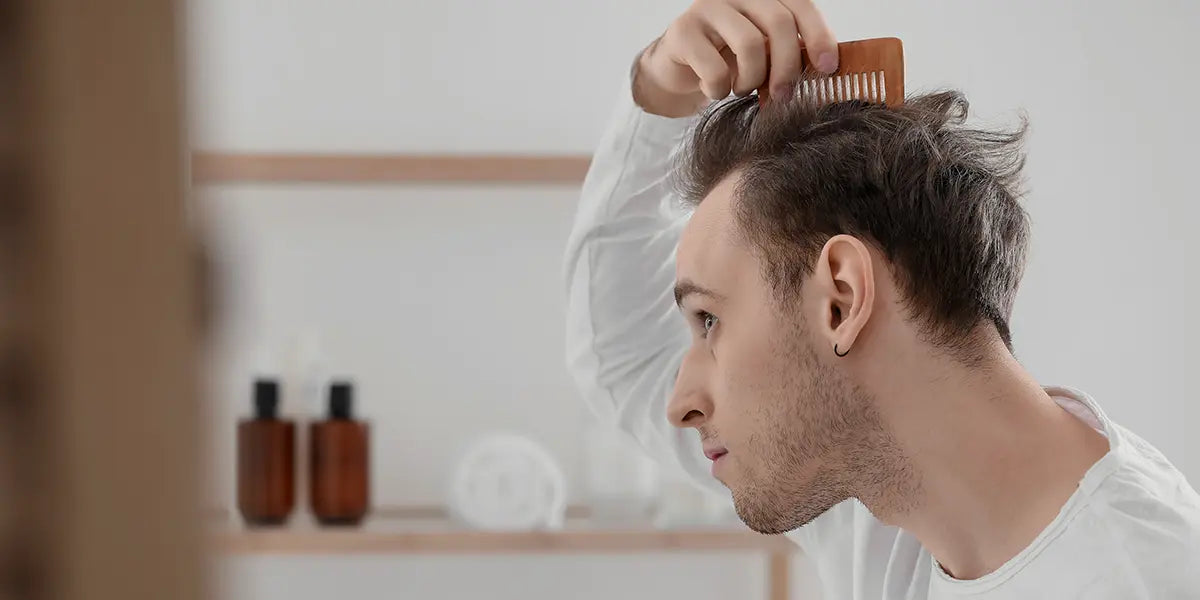These days, there are many alternatives to oral hair loss treatments. Topical formulations, like the ones offered through XYON, are one option. But another method involves a procedure called mesotherapy, which can be used to administer dutasteride. Mesotherapy is believed to increase penetration of the medication and trigger wound repair, processes which may help promote hair growth and slow the progression of pattern hair loss.
Let’s discuss dutasteride mesotherapy, how it works, its potential applications and the risks associated with this hair loss treatment.
What is dutasteride mesotherapy?
In general, mesotherapy is the practice of using very small needles to make multiple injections of a substance of choice (e.g. vitamins, amino acids, minerals, hyaluronic acid, medications) into the skin. The procedure gets its name from the layer of skin being targeted, the mesoderm. These substances are directly injected into the areas of the body being treated, which in the case of androgenetic alopecia, is the scalp.
Mesotherapy involves using a single needle with the intention of injecting a desired substance into the skin. Microneedling on the other hand, involves using a tool with multiple needles to make multiple surface-level micro punctures in the skin to facilitate improved penetration of a topical treatment or product. Both can be used to treat hair loss but differ in cost, frequency of procedure, risk of side effects and the substance being used to promote hair growth.
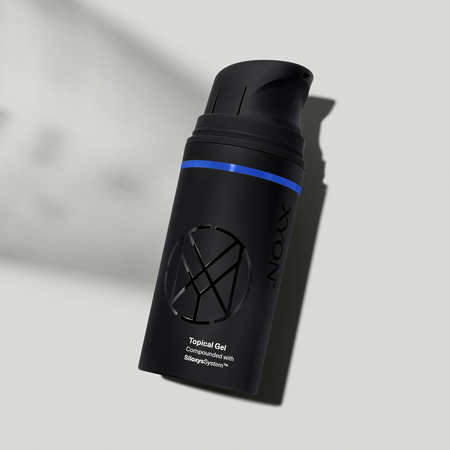
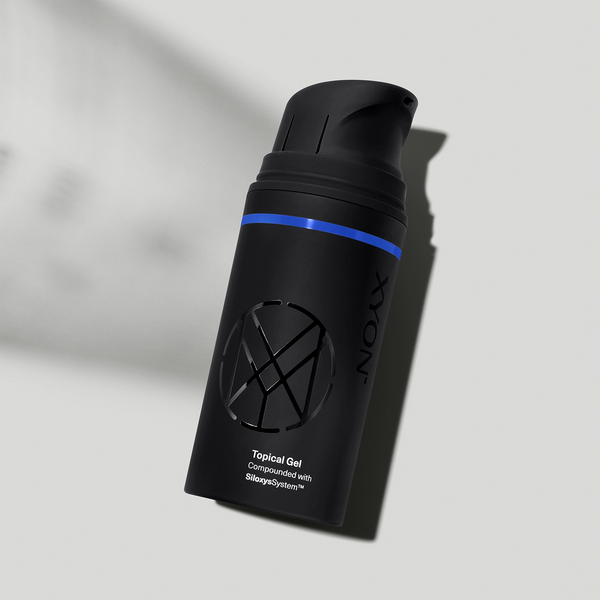
Want a dutasteride option that doesn't involve needles?
XYON's topical dutasteride is formulated to maximize its DHT lowering potential.
How does dutasteride mesotherapy help hair loss?
Injecting dutasteride directly into the scalp skin may benefit hair growth in two ways. Firstly, the localized delivery method potentially limits systematic exposure of the body to dutasteride. Secondly, the act of puncturing the skin with a needle triggers a wound healing response. This response involves increased production of growth factors and signalling molecules that encourage tissue growth in the area (Saceda and Bernardez, 2021). It’s also believed that mesotherapy may have a positive effect on the timing of the hair growth cycle.
Despite these potential benefits, mesotherapy remains a controversial therapy. Neither the FDA nor Health Canada have approved the use of mesotherapy for the treatment of any kind of hair loss. Additionally, there is insufficient clinical data to know if it’s truly safe and effective.
Does dutasteride mesotherapy work?
There have been a handful of studies that have examined the potential role of dutasteride mesotherapy in hair loss and concluded that it has a positive effect on hair. One review of three different trials that were all placebo-controlled reported that frequent injections were often necessary (weekly, at least for the first month) and that study treatment periods ranged from 12-20 weeks (Sacedo-Corralo et al., 2017).
The authors of this review used this information to conduct their own small-scale trial to determine whether a less intensive treatment schedule would yield similar results. Their findings were that dutasteride injections once every three months as opposed to weekly could also result in meaningful improvements in hair growth (i.e. increased hair density and hair diameter) with no reported side effects.
Dutasteride mesotherapy cost
The cost of mesotherapy depends on a number of factors including the agent being injected, the frequency of injections and the clinic pricing. A single injection could run patients between a few hundred to few thousand dollars. With any hair loss treatment it’s important to remember that you need to keep up with treatment to maintain results. Based on the clinical data, several mesotherapy injection sessions may be needed to achieve the desired hair growth results.
Dutasteride mesotherapy side effects
The side effects of dutasteride mesotherapy include those risks associated with dutasteride being the active ingredient, as well as the risks of the mesotherapy itself. We’ve covered dutasteride side effects in a separate XYON article, so we’ll focus primarily on the potential side effects of mesotherapy here.
Responses to mesotherapy injections are typically mild and temporary and similar to other injections. These can include side effects such as nausea, fatigue, sweating and headache as well as local effects like bruising, bleeding and pain at the injection site. You should also know that there have been reports of more severe reactions such as infections and abscesses at injection sites, as well as the development of patchy hair loss and cicatricial (scarring) hair loss.
Additionally, one study found that dutasteride mesotherapy still resulted in some systemic absorption of dutasteride that was enough to cause changes in sperm counts and sperm motility in study participants (Sobhy et al., 2013). At this time, there is insufficient data to fully characterise these risks.
How long does dutasteride mesotherapy last?
In the absence of long-term follow up studies, it’s not clear how long the effects of dutasteride mesotherapy last. Based on our clinical expertise, it’s not unreasonable to estimate that a single session of dutasteride mesotherapy might last about 3 months. Like other hair loss treatments, you’ll need to keep up with appointments to maintain your results. If you stop taking dutasteride, it’s likely that hair loss will resume within a matter of weeks.
Dutasteride mesotherapy: Takeaway
Dutasteride mesotherapy is an interesting alternative method to delivering hair loss medication. Compared to the oral tablet, dutasteride is injected into the scalp skin over the course of several weeks or months to help lower dihydrotestosterone levels and trigger the body’s natural response to injury.
While it may seem like a promising therapy, we don’t have enough clinical data at this time to say whether it is safe and effective in the long term. Compared to an option like Topical Dutasteride, with SiloxysSystem™ Gel, it is more invasive and may carry additional risks associated with injections. Patients considering dutasteride mesotherapy will also need to be aware of the potential costs of keeping up with this kind of treatment. We encourage you to connect with a doctor if you have any questions, or would like to learn more about mesotherapy.

